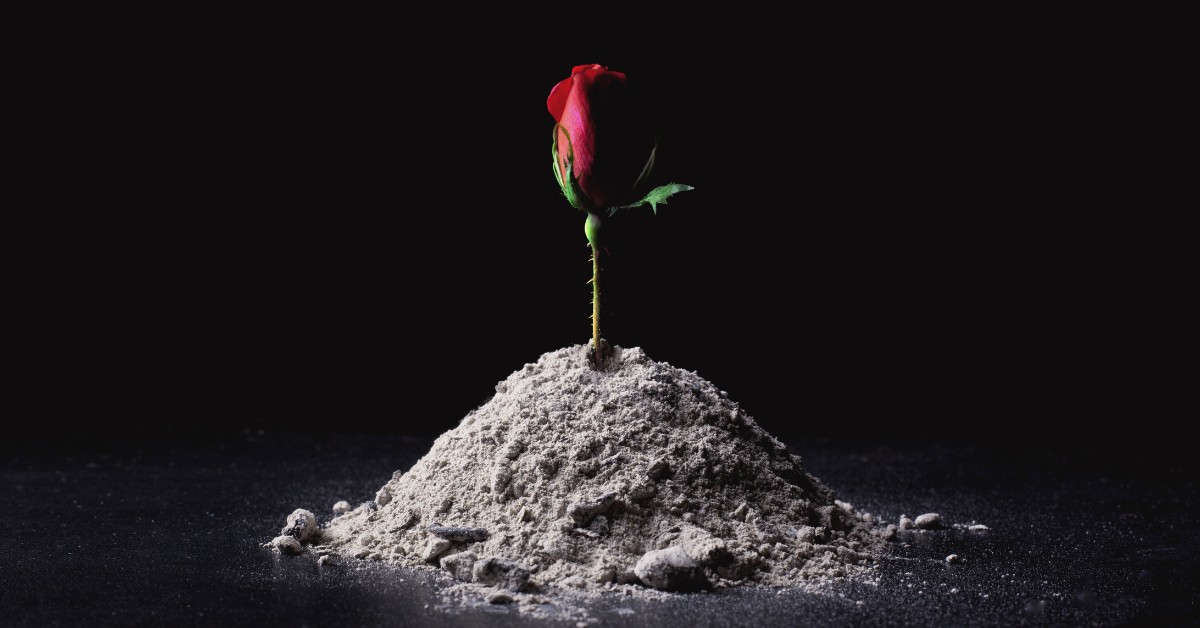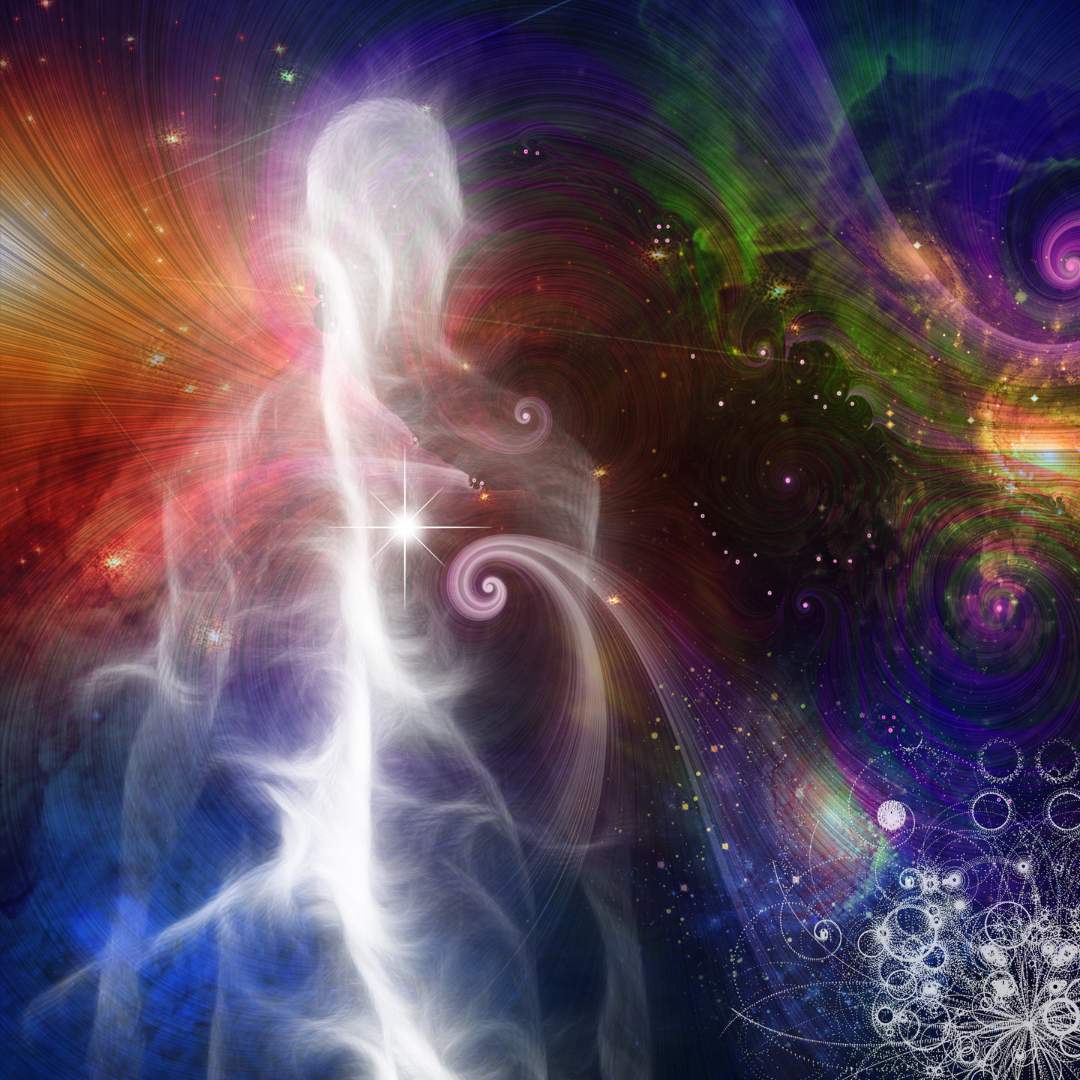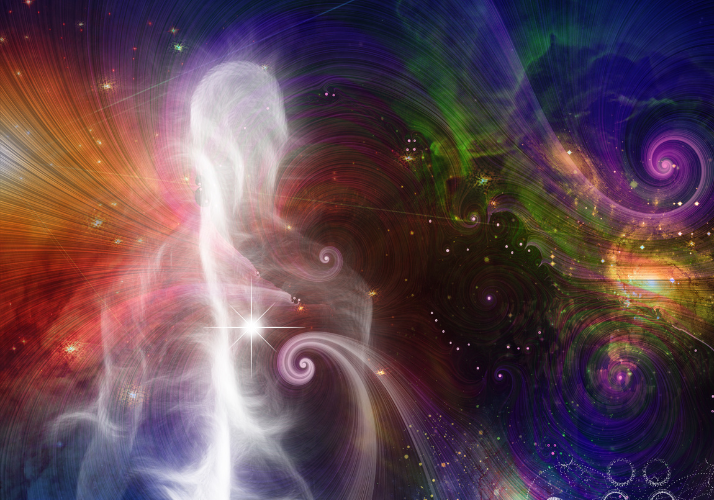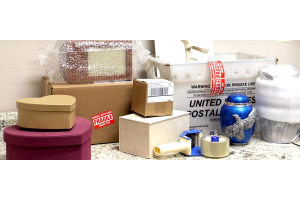
Is there energy in cremation ashes?
The truth is, there is an essence of your loved one that lingers with the cremation ashes. While it may not be a consciousness, it is a little of their energy that stays behind, almost like someone’s perfume that lingers in the air even after they have left the room.
That is the energy that people look for and cling to when they hold on to a loved one’s cremation ashes. Whether they put them in a pendant on a chain, in a cremation urn on the mantle, or use it to create a beautiful piece of art, it is an effort to hold that person close and allow their energy to linger wherever they are.
Some people feel this more deeply than others – some don’t feel it at all. And that is okay. We all process loss and handle grief in different ways. It is important to do what is best for you and allow yourself the space and flexibility to process your loss and experience your grief in a way that is enriching and fulfilling for you. You can’t worry about what others say or do, just do what works for you.
If keeping those ashes makes you feel closer to your loved one, then keep them. If keeping their ashes with you or in your home bring positive energy into your space, then embrace that. Allow them to give you this final gift of their essence and positive energy to help you through the dark times.
There’s no right or wrong here. If you are tapped into that energy and it feeds your soul, embrace it.


Let’s Dig Deeper
What really happens when we die? What do we leave behind when we pass from this world? People have been asking these questions for centuries and the answers are vast and varied.
Some people believe that once a person passes away, that’s it. They are gone. Others believe that when a person dies, they become energy that is returned to the universe. Still, others believe that the person’s soul goes to heaven, that their spirit continues on.
But what happens to a person’s ashes when they are cremated? Are those ashes nothing more than a biological compound to be returned to the earth? Or are they a piece of the person that lives on by carrying their energy?
Or it could fall somewhere in between.
The many ideas about “energy”
Energy is a pretty fluid term. In physics, energy is the ability to move, to do work, the ability to apply force to move or displace an object. However, the metaphysical definition of energy is spiritual power. It is a form of intangible force or the essence of a person.
It is that type of energy, that spiritual power, which is what people mean when they refer to the energy of a person or object. It is said that this is the type of energy behind crystals, energy frequencies, and nirvana.
And when someone passes on, that is the type of energy that some people are often looking for in their favorite possessions and even in their cremation remains of their loved one. They are looking for that essence, that spirit, that connection that will allow them to hold on to that person for a little while longer.
This type of energy is the lingering presence of a person. It isn’t like a ghost or anything spooky, just a feeling, a presence, like they are still with you. Many people find this energy a comfort, especially after enduring the pain of losing them. That is a comfort that cab be provided with cremation ashes because they allow the person to still be with their loved ones – and their loved ones can enjoy their comforting presence.
While not everyone believes exactly like this, most people do have some perception of energy or “vibe” that can emanate from certain objects or even simply be present in the atmosphere. After all, we live in an electromagnetic world. The brain generates its own electromagnetic field, so it stands to reason that we would feel certain types of electrical impulses, especially when we are looking for a “sign” or the presence of someone we love.
Positive and negative energy: What is it?
Some people have learned how to pick up on positive and negative energy, but what exactly is that? Is energy really palpable? Can you actually detect negativity or positivity in the atmosphere?
Many people say yes.
You may even do it without realizing it. Have you ever approached a close friend or loved one and before you even exchanged words with them you could feel something in the air that reflected their mood? Most people have had that experience and that is the most basic aspect of positive and negative energy, the ability to detect it in those closest to us.
Or maybe you just met someone, and they gave you the heebie jeebies. You can’t explain it, but you couldn’t get away from them fast enough. You picked up on their negative energy. It happens all the time and so naturally we usually don’t pay attention to it, just take it for granted.
Some people call it a “gut feeling” or “going with your gut.”
Some people are just more in tune with the energy around them.


There are many theories on what exactly this “energy” or “vibe” is. Some say it’s energy from the person. Other’s say it is spirits, good or bad, that you discern. And others say that it is a response to the electromagnetic world we live in – those vibes are electrical currents.
Whatever they are, there is no denying that positive and negative energy is influential. It can leave you feeling good about something, or it can leave you feeling bad or that something bad is going to happen.
The truth is, most people feed off of others’ energy – positive or negative – and it colors our view of situations, the world, other people, and even ourselves.
Energy and pneuma
The Ancient Greeks were fascinated with the soul – but not in the way the western world views it today. Plato referred to it as “pneuma” or spirit – the energy of things in our world.
And they believed that even rocks have pneuma.
Plato, Aristotle, Epicurus, and later Plotinus, as well as many others earlier (Homer) and later - they were all fascinated with this energy that comes from life and nature. They gave it different names, but it was always the same.
In the Republic Socrates broaches the eternity of the soul. Prior to this it was common belief that upon death the soul perished as well. Socrates goes on to assert that the soul is indeed immortal, but also once it separates from the body at death, it indeed has some degree of consciousness, even intellect. It has three aspects which are appetite, reason, and spirit.
Aristotle theorized that the soul is a particular type of nature. It is the force or principle that accounts for rest and change in living things including plants, animals, and humans. It is the system of active abilities of that living thing, which animate body. He believed that the soul was not a corporeal thing or a body, but more of an essence of the living thing.


These touch on Stoic physics, and this allows for three kinds of pneuma. The lowest which inhabits inanimate bodies like rocks accounts for character and cohesion of that body. The highest, of course, has cognition and desire and is what human beings possess. But, a higher form, such as a human, will have all three types. This means that even the pneuma is present at all levels of the person’s existence, in life and death – and after. Based on this, it stands to reason that at least the most basic level of the person’s pneuma, their spirit, their energy, lives on in the parts of them that are left behind – including cremation remains.
Plato defined death as a liberation of sorts. It is the ultimate separation of the body from the soul. During the person’s lifetime, the body is the soul’s prison but upon death that soul is freed. In effect, death flings open the doors of that prison and releases the soul, the energy of that person into the universe.
The physical composition of cremation remains
When a human body goes through the cremation process, it is exposed to temperatures between 1,400 to 1,800 degrees Fahrenheit. This is the most effective, efficient way to bring the body into a state of just bone fragments which are carefully grounded down into a granular condition.
Cremation ashes are comprised mainly of bone which means they contain dry calcium phosphate as well as a few minor minerals like potassium and salts of sodium. The beauty of this is that it is really a process that maintains one of the purest, most natural states after death.
When a person is buried, they are usually embalmed with chemicals that are designed to preserve the flesh for viewing during the wake and funeral. However, cremation uses no such chemicals. It simply returns the body to a more malleable state for nature. Mixed with rich, nutrient-filled soil, you can actually grow plants and trees with cremation remains.
It is important to remember that although the technical makeup of cremation remains pretty clinical and scientific, there’s more to it than just the elements that are left behind. And it does not take away from the meaning that the ashes hold for your family. It does not take away from the person or the role that their ashes play with you, your family, and your loved ones.
The metaphysics of cremation remains
From a metaphysical perspective, cremation falls into one of two camps: materialist beliefs or cyclical beliefs.
Materialists believe that our essence, the who and what we essentially are is tied to the physical body and when that dies, everything dies. That is the end. Noted materialist, Professor Stephen Hawking likened the brain to a computer. When the components (the body) fail, the computer stops working and there is nothing left.
While this could be seen as a colder perspective, believers in cyclical metaphysics hold a different view.
For them, death is not the end. They pattern is cyclical: life, death, rebirth. This is held by many Dharmic religions including Buddhism and others, and it is very reminiscent of the Plato’s view of death in that once the body dies, the soul is released to move on so that it can move to its next existence, whether that is another life or a lingering energy that stays close to you.
The body that is left behind does not decrease in value, but instead changes in the way it matters to the universe and how it fits into the world. In this case, the cremation ashes become a way of returning to nature, to the earth.
There are many other in between beliefs. Some fall outside of the metaphysical, but most are right on the fringe.
Of course, we can’t talk about death without at least touching on modern Christianity that believes when a person dies their soul goes to a heaven or hell and lives on in eternity. For some people this means that they can’t possibly feel the deceased’s energy once they have passed, but for others it takes on a very spiritual experience that is very real and extremely profound.
Whatever camp you choose – or if you choose your own, that is a journey you must travel yourself. Death is very personal, as is loss and the grief that follows. No one can tell you how long to grieve or even what is the appropriate way to grieve. Everyone is different and you have to follow what speaks to you.
The truth is though, that not only is it possible for cremation remains to hold a person’s energy or essence, but it is also possible for that person’s energy to be found in their favorite clothing, their favorite objects, their favorite chair. That perfume that is their energy lingers on the things in their life that they held dear. The places they frequented, and the items they treasured all have a little piece of them left.
Some say that it’s just your imagination. That you want so badly to feel the person that you imagine feeling them when you hold the objects or have their ashes in your home. They say that the power of your desire creates that energy. Maybe it’s true, maybe not.
But if it is, consider this, your energy is giving power to their energy, and you are forever intertwined.


Keeping cremation remains in your home – should you?
When it comes to keeping cremation remains in your home, there are two opposing views. Some people have no problem keeping cremated remains in their home. They want to hold on to the ashes and through that the person. It is their way of keeping close to their loved one even after death.
The idea in which people feel that keeping their loved one’s ashes changes the environment of the living space in their home for the better. It is attached to a sense of holding on to someone and feeling they are still close to you.
Then there are those who choose cremation but would not choose to keep the ashes in their home.
They may feel that keeping the ashes in their home creates a sense of lingering grieving and they lean more on scattering or releasing their loved one’s ashes as a form of them learning to let go of the pain and healing while holding on to their loved one’s memories.
And you know what? Both sides are right. It comes down to what makes you feel closest to your loved one, what you believe they would want you to do, and what brings positive energy – their energy – into your home and into your life.






